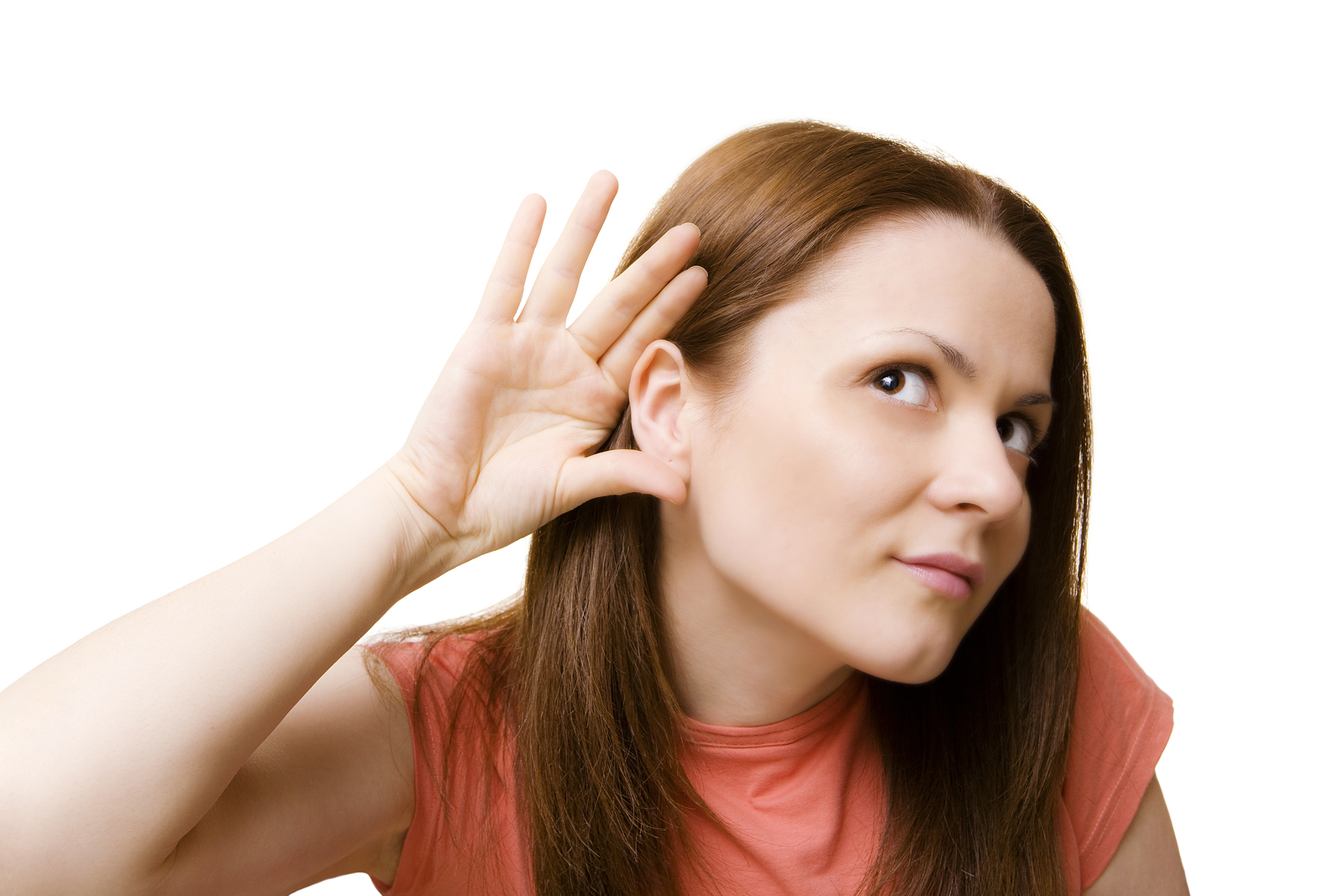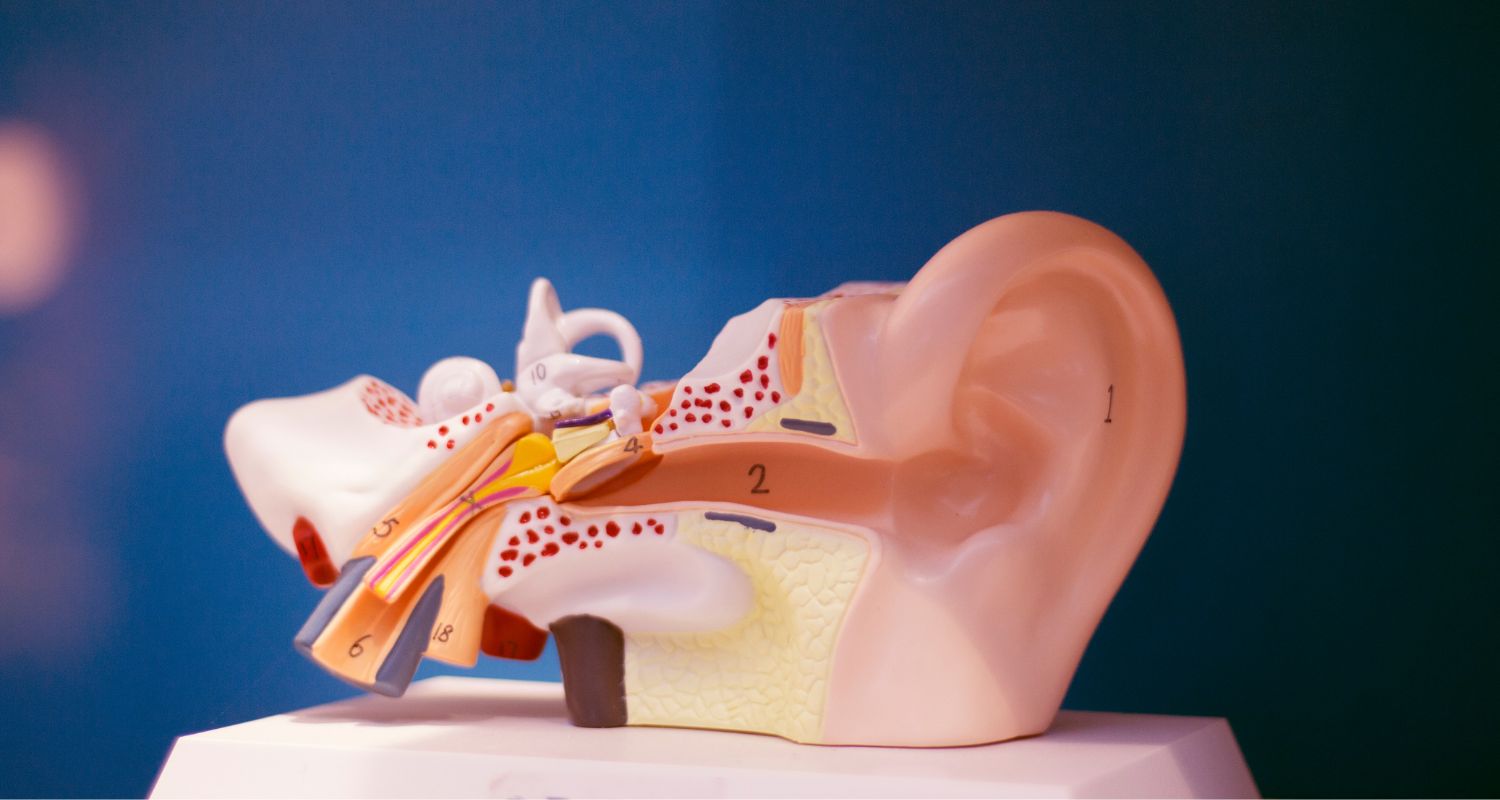Our bodies are complex machines that rely, in the most astounding way, on the intricate coordination of systems working together. You might say we depend on its ability to self-regulate. So when something’s amiss that supports our body’s balance system, our senses are heightened. It becomes undeniably apparent that something is out of sync, and not working well with the rest of our body.

When symptoms do arise, they actually serve a greater purpose. They act as the trigger to signal our brain that’s somethings off kilter! Think of a symptom as a disturbance to a person’s sense of balance. That’s why symptoms should not be ignored.
My colleagues and I see patients with a variety of symptoms from A to Z. Today I’m going to help you identify those symptoms most often associated with balance disorders.
When I’m learning about a patient’s history, or conducting a thorough assessment, we’ll talk about the symptoms they’re experiencing. These triggers can reveal a great deal.
So when there is degeneration or loss of function, what’s really going on?
What I refer to as ‘neural output’, is affected. In essence, those outputs or the signals we need for appropriate orientation, postural control, and even eye movement control are compromised. So if you –or someone you care about – has a suspected balance disorder, it may involve dizziness, imbalance, falls, and/or visual blurring, also known as oscillopsia.
As a doctor of audiology and vestibular physiologist, over the years I have evaluated, diagnosed and treated many vestibular disorders. I see and hear firsthand about my patients’ reduced or compromised function. Sometimes these challenges appear suddenly. For some, the symptoms may be considered as chronic. They may appear intermittently without warning, or they can be constant. Often there are multiple symptoms. Some are unusual and some, more common. But they all create difficulties for everyday living.
These symptoms are often a result of vestibulopathy, or a weakness in the ear. That’s directly linked to an essential element of balance, the vestibular system. The vestibular system includes our inner ear, and specific portions of the brain.
Below you’ll find symptoms and deficits that are associated with balance disorders. So if you’re experiencing any of these, you’re not alone! Symptoms may include sensations of:
▪ Dizziness ▪ Decreased concentration ▪ Limited range of motion
▪ Vertigo ▪ Inattention ▪ Inability to posturally response
▪ Lightheadedness ▪ Inability to maintain focus▪ Poor motor coordination
▪ Unsteadiness ▪ Heart racing /Pulse ▪ Muscle weakness
▪ Feeling woozy ▪ Depression ▪ Feeling of paralysis
▪ Nausea ▪ Panic ▪ Difficulty seeing clearly/blurring
▪ Faintness ▪ Anxiety ▪ Difficulty reading
▪ Vomiting ▪ Disorientation ▪ Gait
So what’s the best way to address symptoms, and concerns?
I suggest crafting your own action plan.
Start by making time to meet our doctors and our care team. We are balance specialists that care and understand your symptoms in the most meaningful way. We listen to your concerns. We realize some patients have been on a long journey searching for answers. We can provide proper evaluation and testing so an accurate and differential diagnosis can be addressed with precision treatment.
Our proprietary Advanced Vestibular Treatment™ (AVT) program is then customized to address your (or a loved one’s) exacting needs. AVT is highly effective in reducing symptoms and improving function for patients with vestibular disorder. AVT is solely directed by our doctors of audiology and a far superior approach to other forms of vestibular rehabilitation.
If you believe you have symptoms that impair balance, it’s time for help. Balance issues make it increasingly difficult to maintain an upright position or to orient to surroundings. There may be difficulty walking, and at moments that can result in an inability to stand independently. And sadly, that can lead to falls.
So while the human body can be complex, finding relief from symptoms as well as a lasting solution should not be.






Leave A Comment